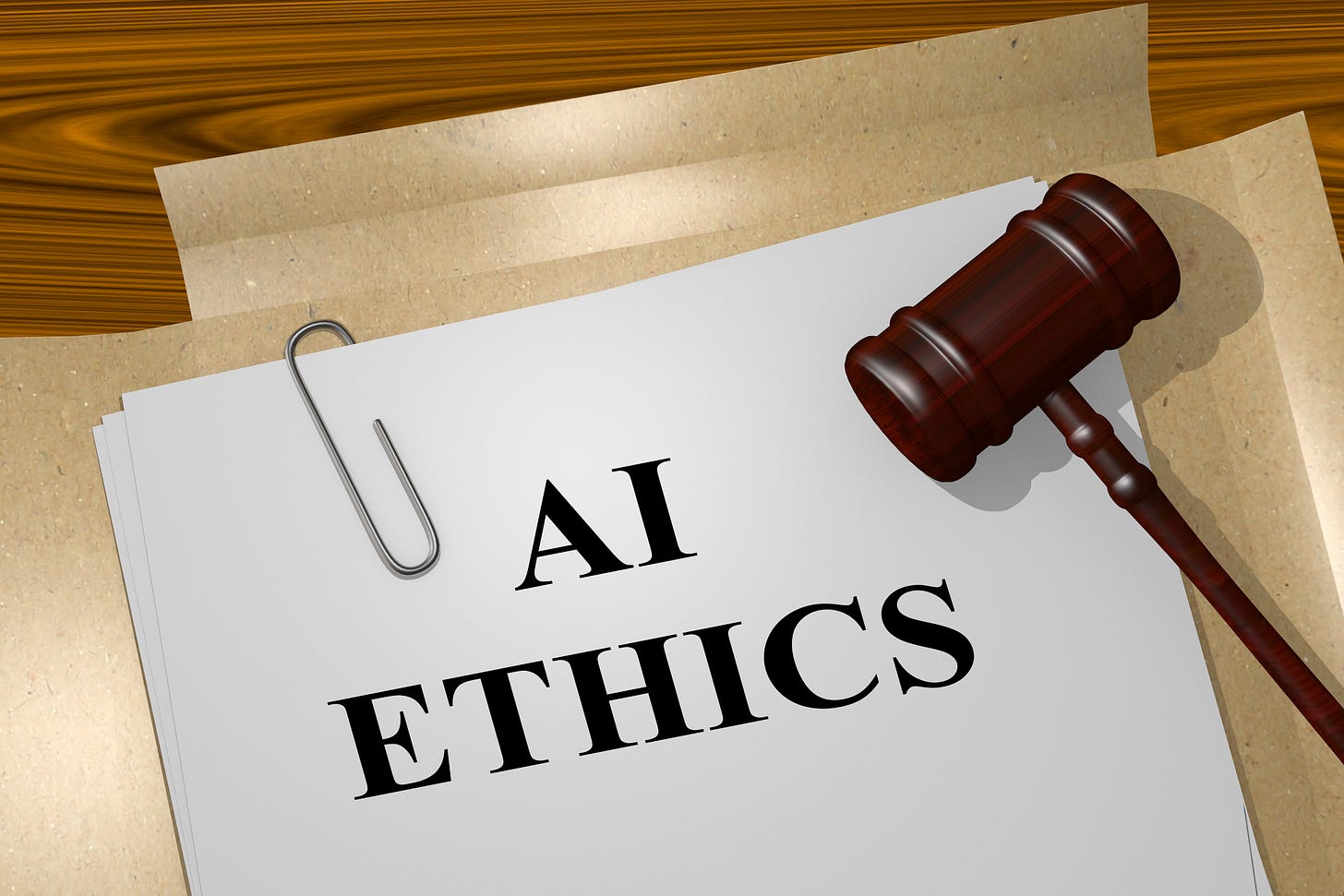Alien Intelligence in the Episcopal Church
Understand Physical Realities
Accept and Adapt
Live within Gaia
Aha! Moments
When it comes to the Age of Limits issues, particularly climate change, we are all on a journey as we gradually learn more and more about the crises that we face.
Yet the word ‘gradually’ in the preceding sentence may be misleading. Every so often we have an ‘Aha!’ moment when something seems to click.
I have had various of these moments since I started taking an interest in Age of Limits issues. Here are three of them.
An article by John Michael Greer explained the distinction between predicaments and problems. (Problems have solutions, predicaments do not. When faced with a predicament we can respond and adapt, but we cannot make it go away.) This insight formed the basis of my theological guideline ‘Accept and Adapt’.
A short story by James Howard Kunstler described life in a society that had successfully found an alternative source of energy, but the factories and supply chains that supplied light bulbs were no longer working. Hence, although the people in the story had clean energy, they did not have electric light. This insight contributed to the guideline ‘Understand Physical Realities’.
An article I read in the journal Hydrocarbon Processing (I cannot find the reference) described how we can make biofuels from corn. However, rather to the author’s evident surprise, it turned out that it took more fossil fuel energy to make the biofuels than those fuels supplied to the customer. Later on I came to understand the concept of ERoEI ― Energy Returned on Energy Invested.
I had another of these Aha! moments the other day when I listened to a discussion ― Our AI Future Is Way Worse Than You Think ― between Yuval Noah Harari and Richard Roll. Harari stated that the letters ‘AI’ should really mean Alien Intelligence. He did not mean that AI is coming from another civilization outside the solar system. He meant that we humans have evolved organically. This evolution, including the development of our own intelligence, has been slow. AI, on the other hand, is alien because (a) it is not organic, and (b) it is growing extraordinarily quickly ― far too quickly for we mere humans to keep up.
Episcopal AI
The day before I listened to the above conversation, I had just completed a survey organized by the Episcopalian Church. The survey ― AI Usage and Perception ― consisted of 24 questions. Those shown below are representative.
What emotions best describe your feelings about AI in church life?
How do you think AI use in church settings impacts the broader congregation?
In what ways is AI being incorporated into seminary education?
What struck me about the questions was their passive nature. They were asking how the church and church members should respond to what ‘they’ ― the people who are developing AI ― are doing to ‘us’. There seemed to be no suggestion that the church should establish a leadership role by defining the morality or theology of AI.
Another reaction that I had was that the questions were mostly managerial. There were no questions such as, ‘Is AI immoral?’ or even, ‘Would it be ethical for your priest to write a sermon using AI?’
Another question in the survey was, ‘How much do you agree with this statement: “AI can be used ethically in church settings if properly guided”?’
This question seems to be naïve. It assumes that we ‘guide’ AI. Yet the real threat of AI is that it will‘guide us, and that maybe one day control us.
Reddit Comments
It is interesting to read the reddit comments on this survey. Virtually all of them are negative or hostile to the use of AI in churches.





